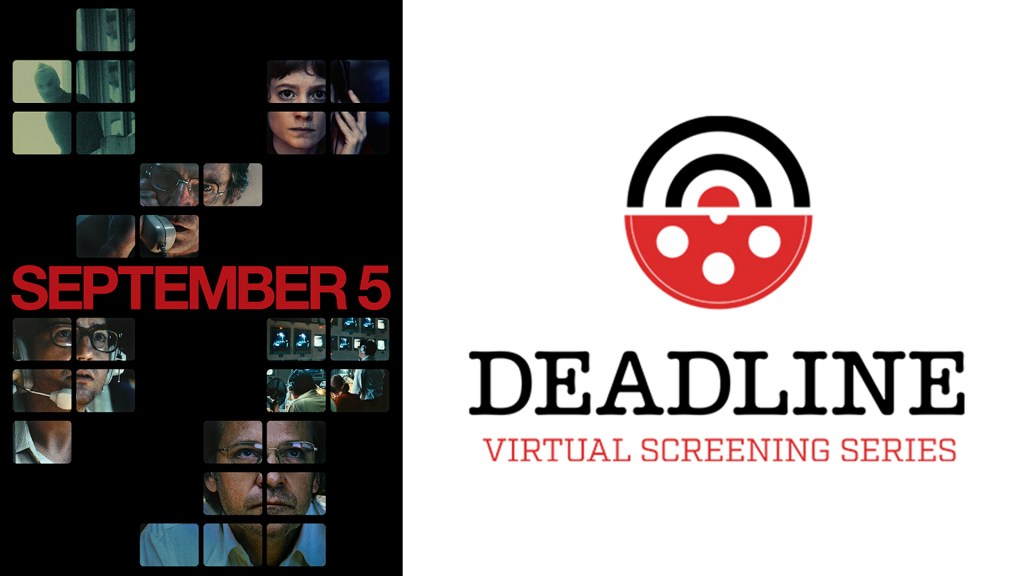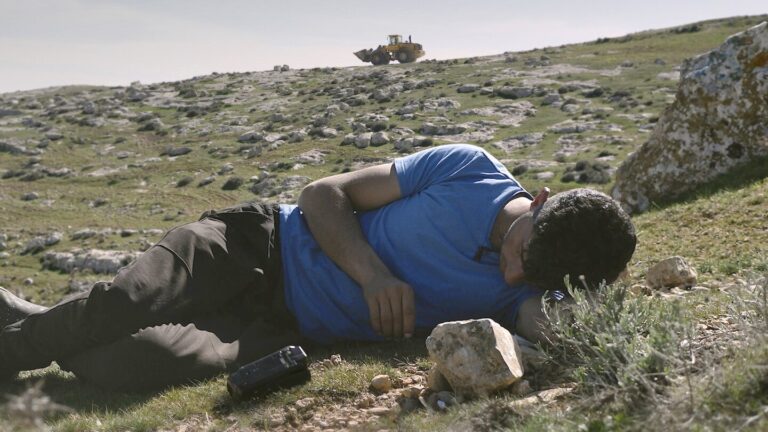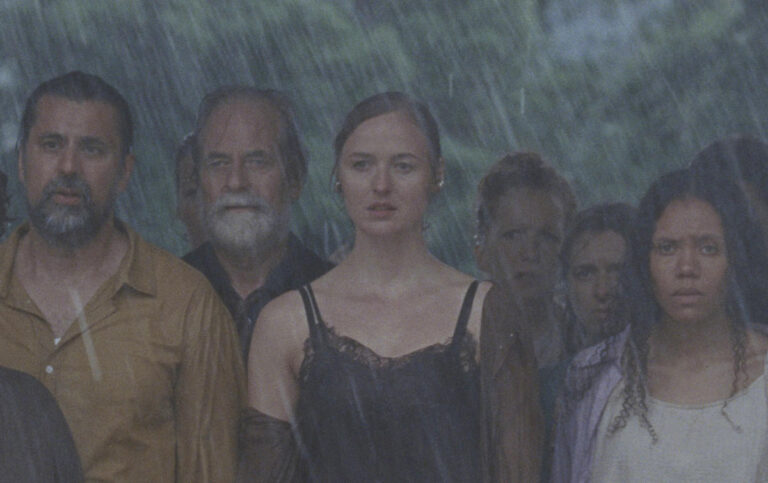

Director/co-writer Tim Fehlbaum, co-writer/producer Moritz Binder and film editor Hansjörg Weissbrich gathered this week for a Deadline Virtual Screening Series presentation and post-screening Q&A for Paramount’s critically acclaimed awards contender September 5.
The film, which debuted at the Venice Film Festival in late summer, has become a highly praised effort to tell the story of the 1972 Munich Olympics when the entire Israeli team was captured by a Palestinian terrorist group and eventually killed. Although there have been many movies and TV productions that have chronicled the tragedy from various angles — including the Oscar-winning documentary One Day In September and Steven Spielberg’s Oscar-nominated Munich — this film focuses exclusively on the ABC Sports TV team that was there covering the Olympic Games only to find themselves with perhaps the biggest global news story to date, covering unfolding events right before their eyes and broadcasting it live to the world.
On Thursday, September 5 was nominated for a Producers Guild Award as Best Picture, and it has been the recipient of several other awards and nominations, plus lots of Oscar buzz as it prepares to open in theaters nationwide today after a limited exclusive run in Los Angeles and New York.
After the screening ended, the trio of filmmakers joined me for a compelling Q&A about why they felt the need to make this film at this time, and how they pulled it off.
Fehlbaum explained why he was drawn to the project. “I first came in touch with the subject when watching Kevin Macdonald’s wonderful documentary that I’m sure you’ve seen, One Day In September, that I saw as a teenager,” he said. “I would say I was always interested in that subject. And then the anniversary actually was coming close. So we were starting to work, talking about it in 2022. And after my two first movies, I finally felt ready to start to think about doing something about that day, because I was always interested in it, and Moritz and the producers, we started to quite broadly research what happened on that day and then learned more and more that we didn’t know before, what an important role the media actually played on that day, and that it was a turning point in media history.”
Added Binder: “It was a life-changing thing. Not just for those involved there, but for the news business. This was the first time really you saw a live event going out globally like that in real time. This was a monumental turning point for television. And for that, they had set up cameras everywhere. And it was also the first broadcast, Olympic broadcast, that could go globally as there were live satellite broadcasts before but not globally where it has been received by so many countries. And so the venues were designed for optimal TV coverage.”
Weissbrich, who edited the film, talked about the challenges of merging the film they were shooting with archival footage weaved in and out, including using the actual ABC footage of broadcaster Jim McKay rather than hiring an actor to play him. “The challenge was the sheer abundance of footage we had,” he said. “They had shot a lot of footage plus we had all that archival footage, and we had to bring that together.
“We basically treated Jim McKay as a character in our film, like as an actor. The only difference was that, we didn’t have different takes from him because we just had the original broadcast tapes, and not all the cameras, but just what went out that day.”
Watch our conversation above.



